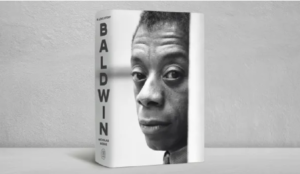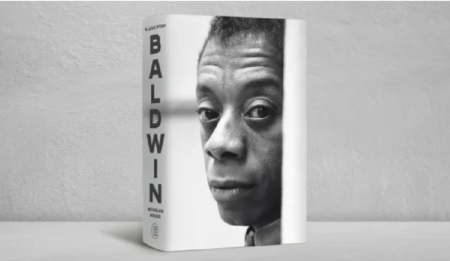Gay spies, anyone? Is there actually any other kind? Not in Demaris Protocol by Brian David Randall, a gripping espionage thriller set in the early 1990s that intertwines the raw realities of covert operations with the intricate personal struggles of its protagonists. Inspired by true events, the novel centres on Trey Carter, a young, deeply closeted gay man from the American South whose accidental outing at a pool party sets off a harrowing chain of events. Traumatized and vulnerable, Trey is forcibly recruited by the CIA through an explicit threat of outing unless he agrees to serve. His recruitment is as much a psychological battle as a physical one—he is untrained, skilled only in football and gymnastics, and thrust into a shadowy world of espionage for which he is profoundly unprepared.
The story unfolds primarily in the 1990s and is narrated from multiple first-person perspectives, adding layers of depth and emotional realism. Trey’s interactions with his CIA instructor, Rick Morgan, are especially compelling. Rick himself wrestles with conflicted feelings—his commitment to the mission is at odds with a growing personal attraction to Trey, adding a tension that is both humanising and heart-wrenching. The emotional landscape Randall paints is complex, capturing fear, anxiety, and suppressed desire with nuance. Despite the deliberate pacing and detailed narrative, the novel remains relentless in its suspense, culminating in a tense and shocking climax that is anything but predictable.
The novel’s primary tension does not lie in explicit romantic scenes; while there are moments of intimacy, they serve the story rather than define it. Instead, the core of Demaris Protocol lies in the ethical and psychological dynamics of Trey’s forced participation in covert operations, the burden of secrecy, and the personal costs of survival in a world that weaponises identity. This sober, unflinching approach enhances the story’s emotional impact, making it a gripping and thought-provoking read.
The novel’s historical grounding sheds light on a lesser-known aspect of US intelligence history: the fraught relationship between LGBTQ+ identities and national security agencies during the late 20th century. For decades, agencies like the CIA viewed homosexuality as a security risk, largely based on assumptions that gay employees were vulnerable to blackmail. However, this narrative began to shift. In 1980, the National Security Agency made a landmark decision allowing a homosexual employee to retain his security clearance after requiring him to disclose his orientation to his family, aiming to mitigate blackmail risks. Later, Tracey Ballard became the first openly gay CIA employee in 1989, enduring a lengthy investigation yet ultimately retaining her security clearance and job. This period marked the beginning of gradual changes in intelligence agencies’ policies and attitudes.
By the mid-1990s, reforms accelerated. President Clinton’s executive order in 1995 officially ended discrimination in security clearances based on sexual orientation, opening the door for greater inclusion. This shift is reflected in the CIA’s later efforts, including active recruitment of LGBT individuals starting in 2012 and notable diversity initiatives such as distributing recruitment brochures at Pride festivals and holding internal Gay Pride celebrations by 2000. These developments illustrate a significant transformation in the agency’s stance, moving from institutionalized suspicion and exclusion to a cautious embrace of diversity.
Scholarly work and insider reports have debunked the long-held myth that homosexual employees are inherently more susceptible to blackmail or espionage. Studies from the late 1980s through the 2010s have found no evidence linking sexual orientation to security breaches, highlighting that fears of vulnerability were largely unfounded. This context enriches the backdrop of Demaris Protocol, underscoring the real psychological and social pressures faced by LGBTQ+ individuals in national security roles during a turbulent era.
Source: Noah Wire Services




















